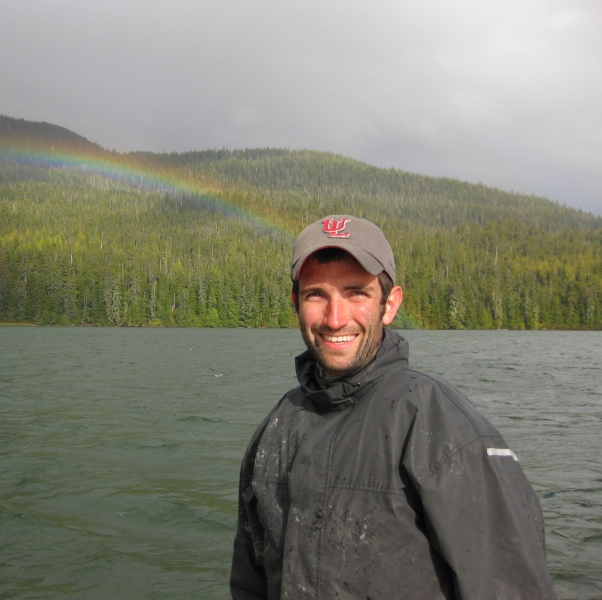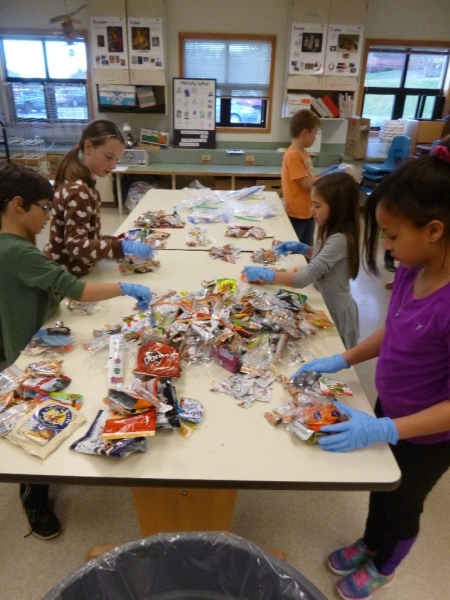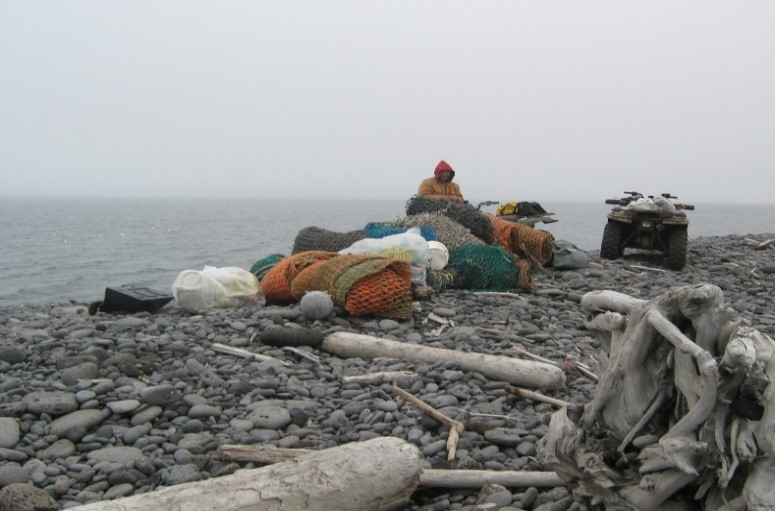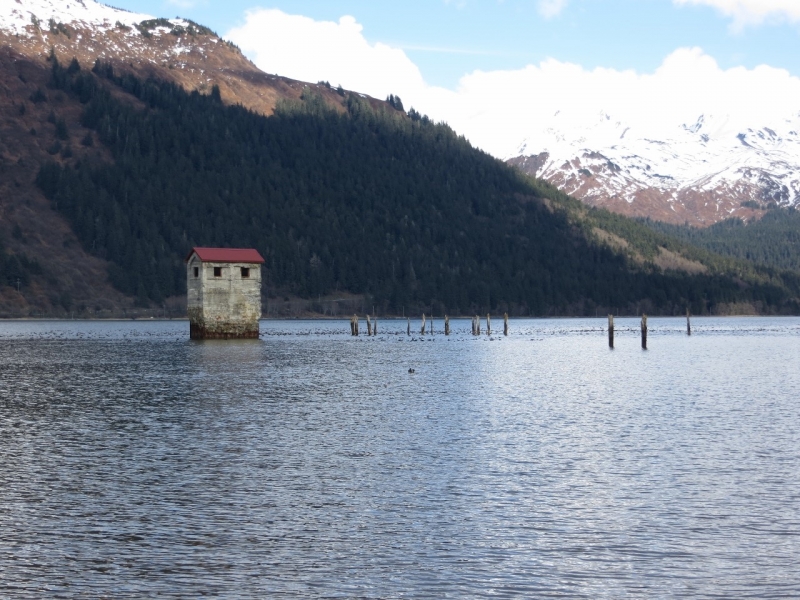
Alaska is a beautiful and unique place. Unfortunately, like much of the country, this area is plagued by marine debris. Addressing this issue can be challenging considering Alaska has an extensive and rugged coastline, much of which is remote and difficult to access. Thankfully, there are many people out there who are working hard to address the marine debris problem in this region. Check out some of the projects funded by the NOAA Marine Debris Program that are working to prevent and remove debris in Alaska:
On the Kenai Peninsula, the Center for Alaskan Coastal Studies is working to increase awareness of and prevent marine debris. Focusing on marine debris education and involving students in zero waste campaigns, this group is empowering schools and students to address marine debris by measuring the waste produced at their school and identifying how to improve. Students can also participate in cleanups at remote sites and small communities. For more on this project, check out the project profile.

In the Bering Sea communities of St. Paul Island, Port Heiden, and Savoonga, the Sitka Sound Science Center is leading a project to collect, remove, and dispose of shoreline debris. These three remote communities, which all have experience in marine debris cleanup, are providing the cleanup crews, local knowledge of “hotspots,” and best techniques for these removal efforts. For more on this project, check out the project profile.

Focusing on derelict Dungeness crab pots in the Gastineau Channel near Juneau, Alaska, the Douglas Indian Association is working with a diverse group of local agencies and stakeholders to survey and remove derelict pots. They’re utilizing methods such as sonar surveys to locate and quantify derelict pots, as well as grappling devices to remove them, in an important crab harvest area. For more on this project, check out the project profile.

These are just a few examples of the efforts to address marine debris in Alaska. Keep your eye on our blog this week for more, and check out our website for more interesting marine debris projects in Alaska and throughout the country!
